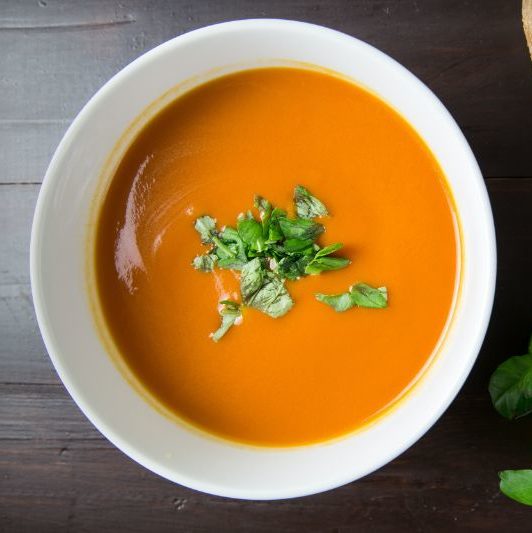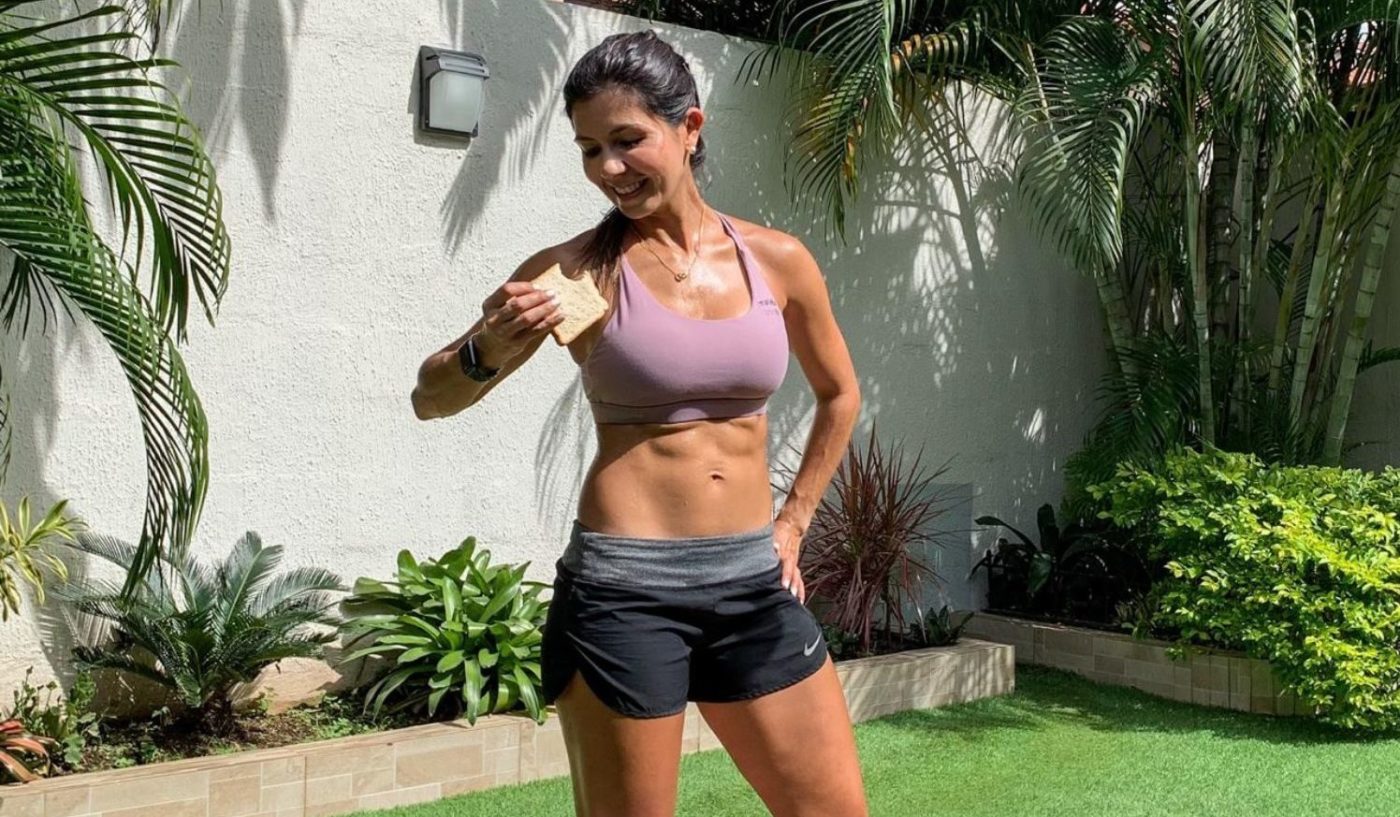Carbohydrates are the body’s most important source of energy and its preferred fuel source for intense activities such as running, biking, swimming, lifting and general training. Low carb diets are notorious for decreasing athletic performance and training productivity.
The carbohydrates not only provide energy for your next activity, they are the primary fuel source for recovery.
How do carbohydrates enhance performance?
- Provide a high energy source for intense performance activities.
- Carbs also assist in recovery, allowing us to train longer, multiple times per day, or on consecutive days.
- They prevent simultaneous muscle loss while fat loss is occurring.
As you can see, carbs are VERY important for performance and body composition. Here are some of my ‘Top Secret’ takes on carbs that I incorporate into my personal routine.
My carbohydrates before and after training
I can’t train on an empty stomach. For me, it’s like “driving a car on empty”. Some athletes do train while fasting, but my personal performance depends on having enough energy to really maximize a workout. If I avoid the crucial step of consuming SOME carbs before training, I get hungry while working out and lose both energy AND focus.
45 minutes to an hour before training I always eat healthy carbohydrates. Whole-grain cereals or whole-wheat toast are two of my personal faves, as well as a banana. I try to avoid saturated fats and even protein because what my body needs before training is energy = carbs.
In the 20-60 minutes after a workout, muscles can store both carbs and protein as energy. This assists in our recovery process and is why I eat a banana upon finishing or drink a glass of orange juice. If it was a hard workout, I drink a protein shake which gives me that extra boost to assist in muscle recovery.
Choosing my carbs wisely for the day to day

Being selective about consuming carbohydrates just before or after training isn’t much of an issue. A more important challenge is maintaining balance throughout the remainder of the day.
Here are 4 handful of important items to consider:
1. The more fiber-rich fruits and vegetables, the merrier: choose whole fresh fruits and vegetables! I try to avoid frozen and canned versions, especially if sugar is added. Fruit juices and dried fruits are concentrated sources of natural sugar and therefore have more calories. That is why I always choose whole fruits and vegetables because their fiber and water content helps fill me up with fewer calories. My favorite source of daily carbohydrates is veggies! My dinner every night starts with a veggie soup, then follows with some protein and grilled or baked veggies or a salad!
2. Whole grains carbohydrates: whole grains are a better nutritional source than refined grains as they contain more fiber and B vitamins. Refined grains are overly processed and much of their nutritional value is eliminated. My personal faves: organic quinoa and oats.
3. Limit added sugars: added sugar probably isn’t harmful in small amounts, but there is no health advantage to consuming any amount of added sugar.
4. Alcohol: certain types of alcohol can fit into a low-carb diet when consumed in moderation. Wine and light beer are both relatively low in carbs, with just 3–4 grams per serving. Pure forms of liquor like rum, whiskey, gin, and vodka are carb-free, although they do have sugar. To add a bit of flavor to these drinks while keeping carb intake in check, simply skip the sugary sweeteners and mix liquor with low-carb options like diet soda or sugar-free tonic water instead.
The moral of the story: choose your carbs wisely!
Limit foods with added sugars and refined grains and stay away from sugary drinks and candy, which are packed with calories but low in nutrition.
Instead, go for fruits, vegetables, and whole grains. And if there is a special occasion and you want to celebrate, choose low carb alcohol and no more than 1-2 drinks. Remember that excessive intake may slow fat burning and cause weight gain.
Find more healthy advice and tips in my blog .

